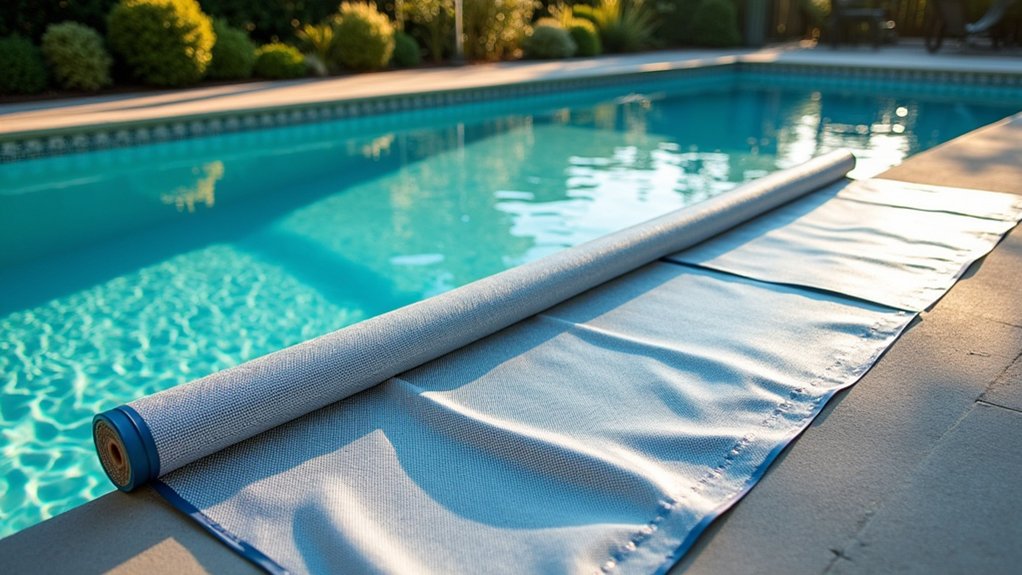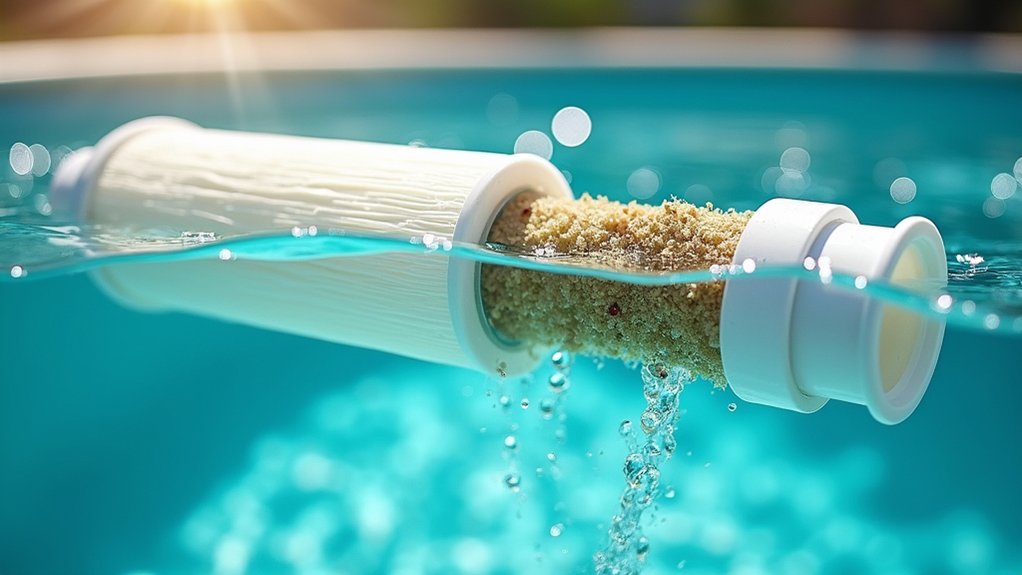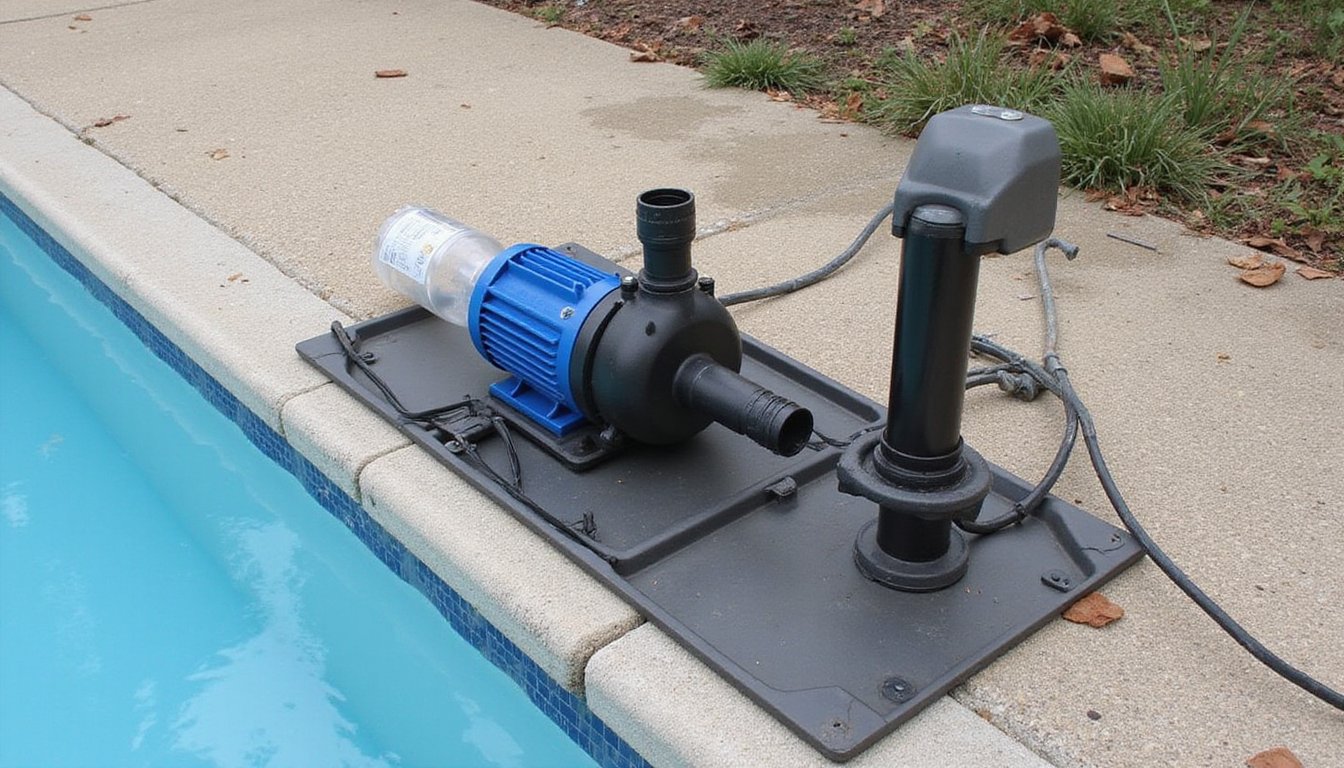Having your own backyard swimming pool is a luxury that many families enjoy. Not only is it a refreshing retreat on those hot summer days, but it’s also an excellent way to spend quality time with friends and family. However, as enjoyable as a swimming pool can be, it’s equally important to keep the pool water clean and inviting. To achieve crystal clear water, you need to have an efficient filtration system in place.
For above ground swimming pools, two popular filter types are used: sand filters and cartridge filters. Each filter type has its pros and cons, so it’s essential to understand how they work and which type is the best fit for your pool. Read on to learn about the differences between sand and cartridge filters and what you should consider before choosing a filter for your above ground swimming pool.
The Benefits of Sand Filters
One of the main advantages of sand filters is their affordability. In comparison to cartridge filters, sand filters are generally less expensive to install and maintain. While the initial cost of a sand filter system could be slightly higher, over time, they tend to be more cost-effective because the sand in the filter lasts for several years before needing to be replaced.
Sand filters are also known for their durability and long lifespan, as they can withstand the harsh environment of pool water and fluctuating outdoor temperatures. This makes them a popular choice for pool owners seeking a low maintenance, easy-to-operate filter system. Additionally, sand filters have a larger surface area for capturing debris, which means they can go longer between cleanings.
Another advantage of sand filters is their simplicity. They are easy to install, operate, and clean. Backwashing, the process of flushing out trapped dirt and debris by reversing the water flow, is a simple and efficient way to clean the sand filter. This process takes only a few minutes and is typically performed every few weeks, depending on the size and usage of your pool.
The Benefits of Cartridge Filters
Cartridge filters have become increasingly popular among above ground pool owners due to their energy efficiency. They require less water flow than sand filters, which means the pool pump doesn’t have to work as hard, resulting in reduced energy consumption and lower electricity bills. This makes them a more environment-friendly option for pool filtration.
Another major advantage of cartridge filters is their ease of maintenance. When the cartridge becomes dirty, it can simply be removed, hosed down, and then replaced without the need for backwashing. This not only saves time but also conserves water resources. Furthermore, cartridge filters take up less space, making them an ideal choice for smaller above ground pools or where space is limited.
Cartridge filters are also known for their superior filtration efficiency. They can filter out smaller particles than sand filters, usually down to around 10-20 microns compared to 20-100 microns for sand filters. This results in clearer and cleaner pool water, which is particularly important for pools with a heavy swimmer load or those located near trees and other sources of debris.
Factors to Consider When Choosing a Filter System
Before selecting the appropriate filter system for your above ground pool, consider the following factors:
- Pool size: The size of your pool plays a crucial role in determining the right filter system. Larger pools require more powerful filters, whereas smaller pools can benefit from the compact design of cartridge filters.
- Pool usage: Consider how often your pool is used and the amount of debris you typically deal with. If your pool is frequently used or surrounded by trees and shrubs, you may need a filter system with higher filtration capacity, such as a cartridge filter.
- Maintenance preferences: Evaluate your willingness to perform regular maintenance tasks. If you prefer a low-maintenance option, a sand filter might be the right choice. However, if conserving water and having a more eco-friendly filter system is a priority, a cartridge filter would be a better fit.
- Budget: Price is another factor to consider. Sand filters tend to be more affordable initially, while cartridge filters offer long-term energy savings. Determine which option fits your budget and long-term goals.
Comparison: Sand Filters Vs. Cartridge Filters
To better understand the differences between sand filters and cartridge filters, here’s a summary of their key features:
– Affordability: Sand filters are generally more affordable, with a lower upfront cost and longer-lasting filter media. Cartridge filters can be pricier but offer energy savings in the long run.
– Installation and Operation: Sand filters are relatively easy to install and operate, requiring simple backwashing for cleaning. Cartridge filters require cleaning by removing and hosing down the cartridge.
– Energy Efficiency: Cartridge filters are more energy-efficient due to their lower water flow requirements, which reduces the strain on the pool pump and saves electricity.
– Maintenance: Sand filters are low maintenance, usually requiring backwashing every few weeks. Cartridge filters require more frequent cleanings, depending on pool usage and debris levels, but conserve water resources.
Conclusion
When it comes to above ground pool filters, there is no definitive answer as to whether sand or cartridge filters are better. Ultimately, the choice depends on your pool size, usage, and personal preferences. Understanding the benefits, features, and differences between these filter types will allow you to make an informed decision that meets your pool’s specific requirements.
Remember to invest in quality filter systems from reputable sources like Prime Pool Market to ensure the longevity and efficiency of your above ground pool equipment. With the right filter system in place, you can relax and enjoy your backyard oasis without worrying about water clarity or time-consuming maintenance tasks.






